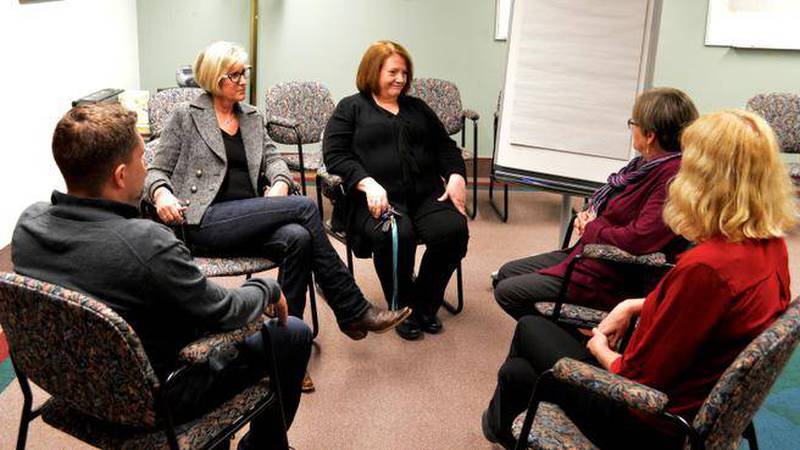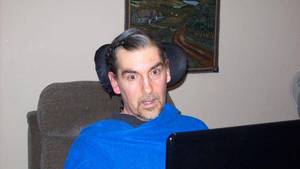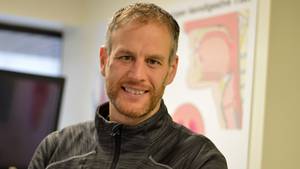Jon Tattrie
Research at the QEII Health Sciences Centre is highlighting how physical changes in our brains impact our mental health, and how psychotherapy may be able to harness the process of neuroplasticity to heal injured brains. Neuroplasticity refers to the brain’s ability to reorganize itself by creating new neural connections to compensate for injury and disease.
At the QEII’s Mental Health Day Treatment Program, Dr. Jackie Kinley and Dr. Sandra Reyno explore the links between neuroplasticity and resilience – the ability to recover quickly from challenges. Their work won the Award for Excellence in Psychotherapy Research by the American Group Psychotherapy Association.
“There is growing evidence that psychiatric disorders, stress, and psycho-neuro-immunological (PNI) mechanisms are interdependent, and inter-connected,” Dr. Kinley says.
Studies show people with persistent mental illness demonstrate lower levels of resilience. In group-based psychotherapy, patients can harness emotion and learn tools for transforming negative emotions and hurtful thinking into self-understanding, acceptance and better relationships.
“We are looking at brain-based changes as they may present after participating in our program,” Dr. Reyno says. “But we’re also theorizing about how large-scale brain networks — the integration and connection between them — change at each phase of psychotherapy.”
Marie Kavanaugh, program coordinator, says patients are often excited to contribute to the research in the six-week intensive program.
“We looked at attachment and resilience, initially, and then we begin looking into emotion, in terms of the neurobiology,” she says. “The way you attach and connect in life is imprinted early on in the first two years of life.”
Dr. Reyno says the therapy gets patients to access core emotions. “We want to see what is actually happening in the brain. Is there a new pattern of connectivity and activation?” she says. “We have theories, but it’s a new area.”
She says research suggests parts of certain large-scale networks seem to “defend against some of these really distressing emotions.”
“We’re wondering what happens when you can block that defence.”
The team is partnering with Dalhousie University’s Dr. Aaron Newman to help with the neuroimaging. Earlier findings suggest the group psychotherapy work may indeed strengthen the brain’s ability to tolerate distress and build resilience.
They’re also focusing on brain-derived neurotropic factor, or BDNF, a protein in the hippocampus and cortex. It helps create new neurons – or nerve cells, improves existing neurons and protects them from cell death.
“Chronic exposure to stress in early life is now known to cause changes in immune function. And this in turn can alter the way our genes are expressed, by lowering levels of BDNF.” Dr. Kinley says. “This can have profound detrimental effects on adult mental health, with low levels of BDNF linked with various mental health disorders including depression, schizophrenia and OCD.”
Dr. Kinley and Dr. Reyno are teaming up with Dr. George Robertson to learn if intense group psychotherapy can alter BDNF levels.
“The team proposes that psychotherapeutic learning up-regulates BDNF expression, reactivating brain plasticity, resulting in a more positive mood and increased psychological resilience,” Dr.Kinley says.
“As such, BDNF expression may represent an important mechanism and psychological marker of change in psychotherapy.”
They’ll measure BDNF expression before and after treatment. They’ll also be looking at the tumour necrosis factor (TNF), an inflammatory marker.
“Research in this new psychiatric frontier may help us not only better manage, but potentially inform interventions to contain and prevent mental illness,” Dr. Kinley says.








